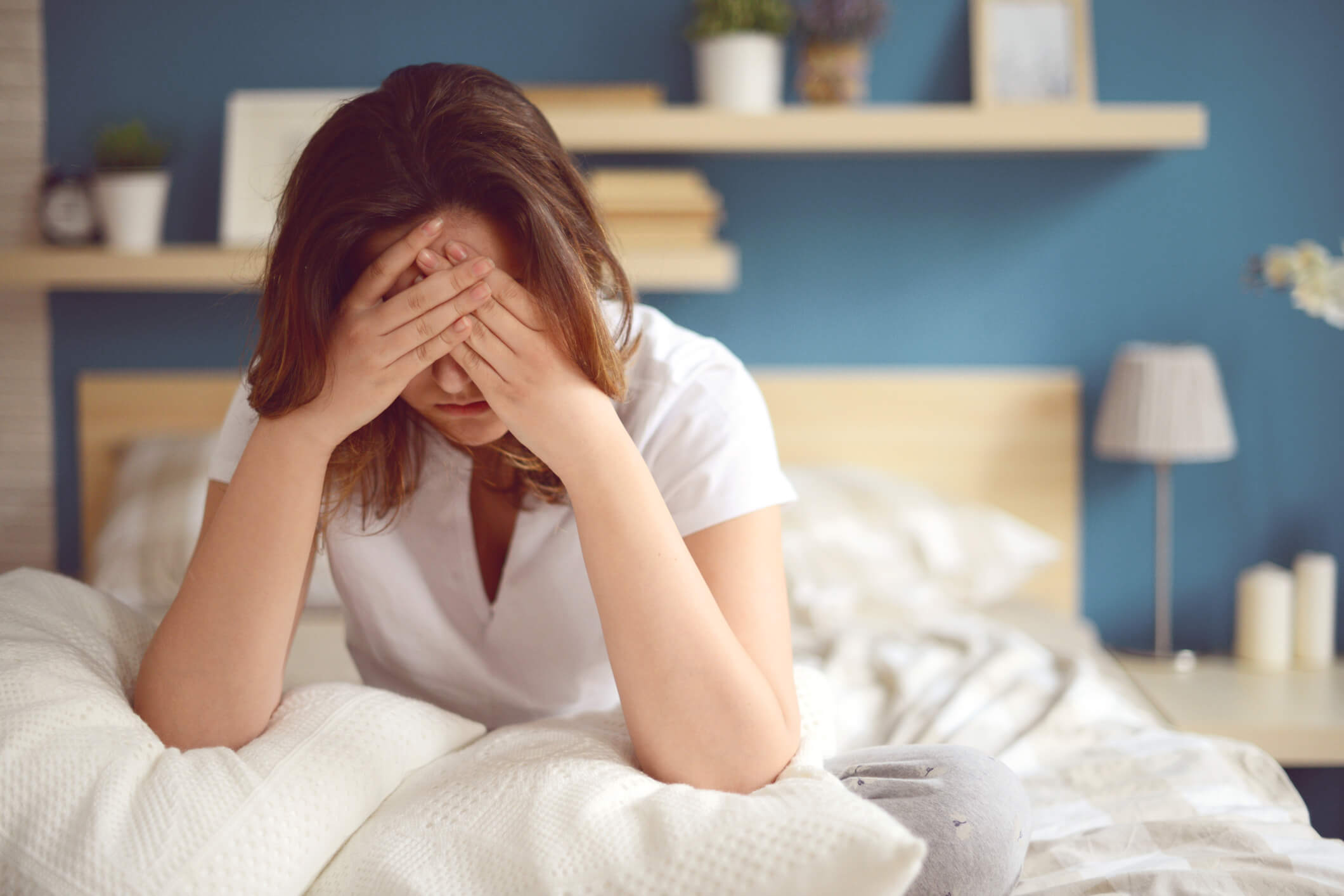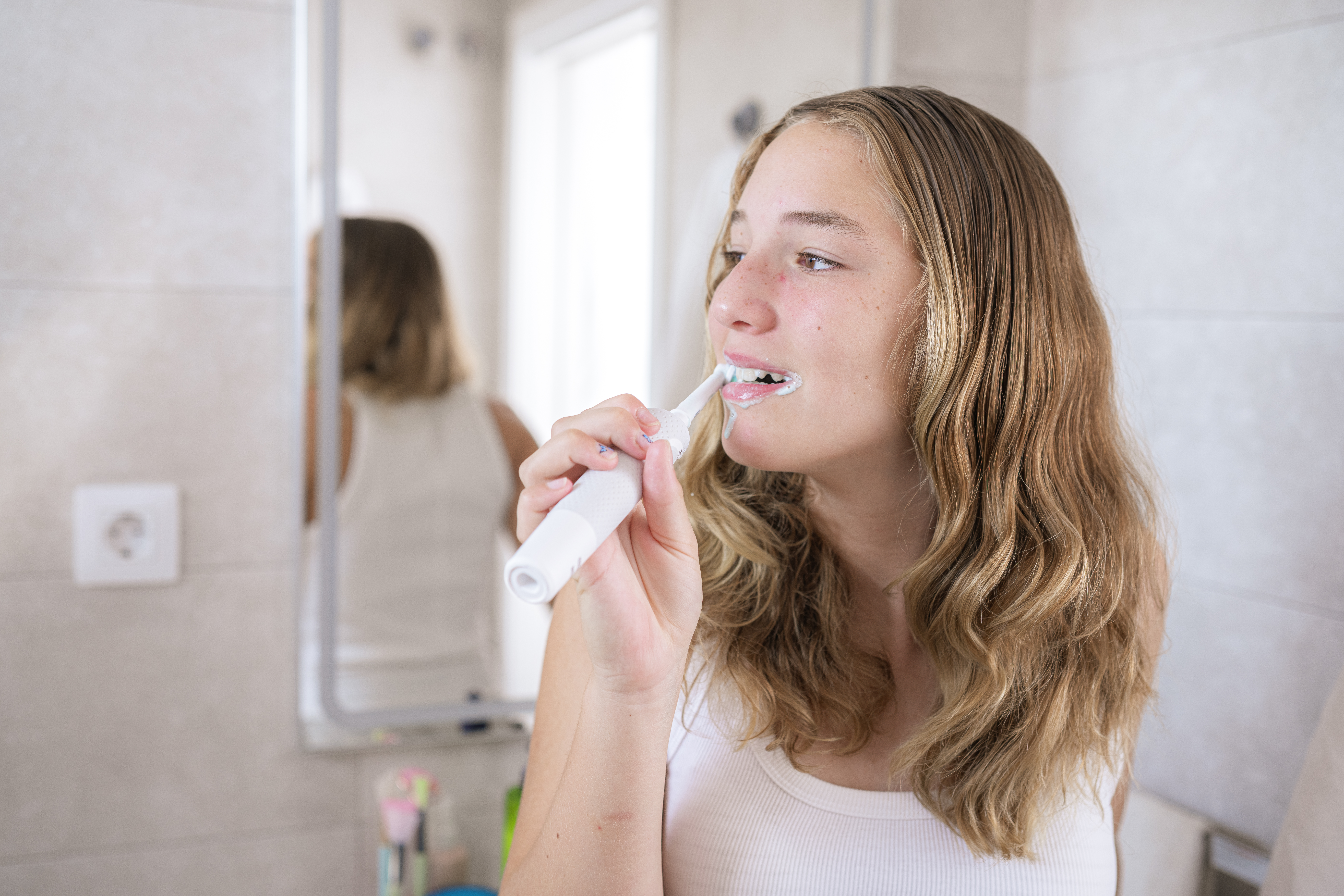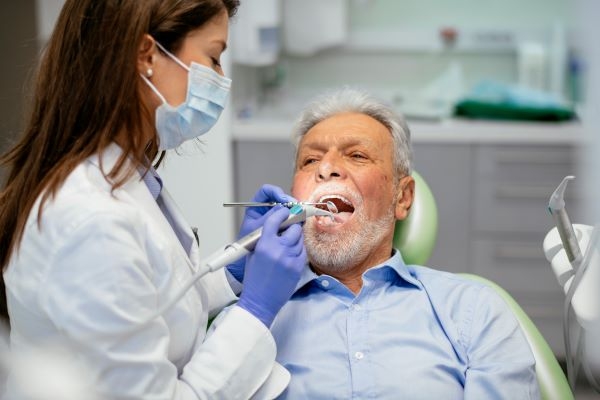-
Does your skin break out before your period hits? Maybe you crave sugar? Or just feel down? If so, you’re not alone. It’s believed most women who have their period experience some symptoms of premenstrual syndrome (PMS), with up to 30% of women experiencing severe symptoms.
The effects of PMS can be both emotional and physical, and differ from person to person. For some it can be mild, for others it can have a real effect on their quality of life.
While there is still a lot we don’t understand about premenstrual syndrome, there are things you can do to manage and reduce the symptoms. Read on to find out more about PMS and how to manage it.
What are the symptoms of PMS?
The symptoms and severity of PMS can be different for every woman. There are a wide range of symptoms, both emotional and physical.
Some common emotional symptoms include feeling sad, irritable, anxious, depressed, moody or less able to cope. Common physical symptoms can include bloating, feeling tired or lethargic, skin problems and acne, headaches, diarrhoea or constipation, food cravings, swollen or tender breasts and swollen fingers and or ankles.
MORE: 6 ways to beat menstrual cravings
What causes PMS?
Although it’s common, and has been around for a long time, we’re still not certain about what causes PMS. It’s thought it may be a complex interaction between the brain and the hormone progesterone.
What we do know is there are certain factors that contribute to PMS. They include your stress levels and psychological state, being overweight or obese, being in poor physical health, smoking, as well as your genetics and cultural and social environment.
Ways to reduce and manage PMS
There are lots of simple, medication-free ways to manage the symptoms of PMS, including:
- Get active: You know that buzz you get after a good workout? That’s likely your endorphins kicking in, improving your mood. Moderate exercise for 30 minutes a day --- especially when symptoms are at their worst -- can help with the symptoms of PMS.
- Manage your stress: Stress can worsen PMS symptoms. Taking time to do things you enjoy, relaxation techniques like meditation, or developing strategies with friends and families family to manage your stress can help. If you’re finding it hard to manage stress, it might help to speak with your doctor or a mental health professional.
- Rest-up: Do you really need another excuse to hit the hay early? Aim for 7-9 hours per night.
- Maintain a healthy weight: Research indicates obese women are three times more likely to experience PMS symptoms1. Start with your GP if you need help managing your weight.
- Quit smoking: Women who smoke are more likely to experience PMS. Call the Quitline on 13 7848 or visit the Quit website if you need help to quit.
- Eat well: While you might be craving lollies and pizza at that time of the month, maintaining a healthy diet can make a big difference. You know the drill – try to cut out the bad stuff (alcohol, takeaway foods, coffee) and pack in the good stuff (fruit, veggies, wholegrains, and healthy proteins like fish, chicken, eggs and nuts).
- Stay hydrated: Drink plenty of water – aim for 6-8 glasses a day. Staying hydrated has a range of great health benefits, including your digestive system which can be affected by PMS.
- Supplements may help: While the evidence is not strong, some supplements may help with managing symptoms for PMS. They include vitamin B6, calcium, magnesium for mood swings and primrose oil for tender breasts.
Tip: Different things work for different people, so it’s a good idea to keep a diary in the week leading up to your period each month, including any symptoms you’re experiencing, and any lifestyle modifications you’ve made. It can help to figure out what works best for you.
Hormonal treatments and medication
Hormonal treatments like the oral contraceptive pill can suppress ovulation and reduce the symptoms of PMS. If you experience severe premenstrual syndrome, and lifestyle factors aren’t enough to manage your symptoms, speak to your doctor about your options. Hormonal treatments like the oral contraceptive pill can suppress ovulation and reduce the symptoms of PMS.
And remember, if your PMS symptoms are severe, or they persist, it’s important to see your doctor can also help to and rule out any underlying conditions.
MORE: Could period pain be a sign of something more serious? Endometriosis explained
Can you reduce the effects of PMS?

-
Do you need an electric toothbrush?
Which toothbrush scrubs up best?
-
Dietitian, nutritionist or naturopath: What’s the difference?
Who should you see for professional dietary advice?
-
5 ways to eat healthy while travelling
Come home feeling refreshed, fit and energised.
-
How often should you get your teeth cleaned?
We spoke to Medibank Members’ Choice Advantage dentist Dr Jonathan Cichero to find out.
-
Daily habits for good oral health
Do you really need to floss? Is an electric toothbrush better than a manual one? Find out which habits to make (and which ones to break) for better oral health.
-
How to conquer your fear of the dentist
Dr Merrilyn Hooley's tips for a less stressful dental appointment.
Subscribe to receive the best from Live Better every week. Healthy recipes, exercise tips and activities, offers and promotions – everything to help you eat, move and feel better.
By clicking sign up I understand and agree to Medibank's privacy policy






